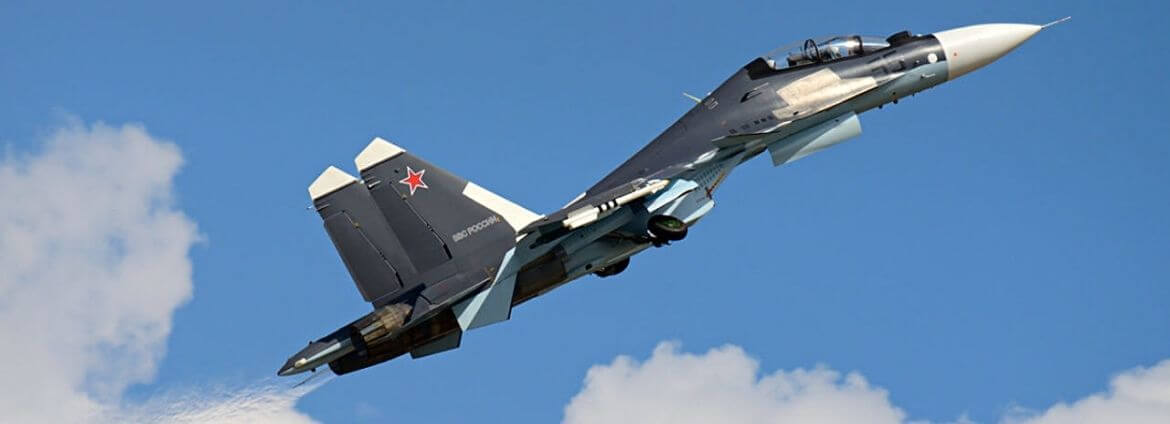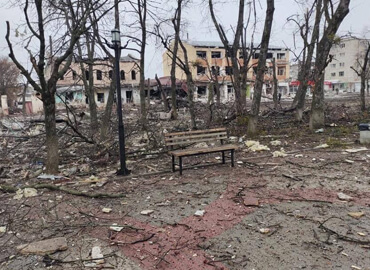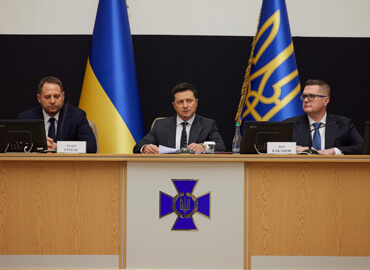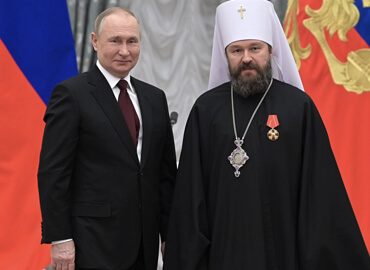The first half of November looks like a turning point in Belarusian-Ukrainian relations. If earlier Lukashenko and the Belarusian state machine tried to find balance in the context of conditional neutrality, then the latest statements suggest that the self-proclaimed president has lost his agency.
It should be noted that Lukashenko’s swift correction of position is taking place against the background of a hybrid attack on the Polish border, which, according to U.S. Secretary of State Anthony Blinken, was perceived in Washington as a diversion from increased Russian military activity.
The Biden administration is not a saber-rattling administration, so the outcomes for Belarus look disappointing.
The meeting of the Supreme Council of the Union State, held virtually, was marked by a half-joking statement by Alexander Lukashenko that Putin had not taken him with him to Crimea. There is reason to believe that invitations to visit the occupied Ukrainian peninsula were actively extended in August 2021, on the eve of the Crimean Platform summit. But Lukashenko refused, perhaps holding this trump card for future bargaining with the Kremlin. In lieu of this, Belarusian parliamentarian Andrei Savinykh assured that «both de facto and de jure Crimea has long been recognized by the Russian Belarusian side.» Savinykh is suspected of making attempts to head the Ministry of Foreign Affairs of Belarus, so his current boss, Vladimir Makei, answered him in a peculiar way, noting that Minsk «leads from the fact that Crimea is Russian.»
The wording, albeit more diplomatic, could not have been left without having the Ukrainian Ministry of Foreign Affairs react. Press secretary Oleg Nikolenko stressed that the recognition of Crimea as Russian by Belarus could have «irreparable consequences.» The warning looks curious for the obvious reason that the cooling of Belarusian-Ukrainian relations after August 2020 did not lead to a deterioration in economic relations. Producers of buses and MAZ trucks, which fell under restrictive duties from the Ukrainian side, noticeably suffered. Serious losses were also incurred by the airline Belavia, which for several years in a row benefited directly from the lack of direct flights between Russia and Ukraine. At the same time, trade is flourishing in other areas. In January-May 2021, trade grew by a third and Belarusian exports to Ukraine increased by 60%. It would not be incorrect to say that the components of this growth are gasoline and oil products, electricity, and bitumen for the Big Construction program.
Ukraine has switched places with Belarus. If in 2014-2019 Lukashenko played the role of Poroshenko’s hybrid ally, today Zelensky and his team are shaking things up with statements like «Lukashenko is a dictator,» while allowing their partners to replenish the Belarus treasury with hundreds of millions of dollars.
The dramatic development of the situation on the border between Belarus and Poland looks like the peak of the use of migrants for hybrid purposes. Having concentrated several thousand immigrants from the Middle East and Western Asia on their territory, the Belarusian security forces launched a powerful attack on the Polish border, exploiting migrants’ desire to enter Germany. Poland’s position during the migration crisis of 2015-2016, when it refused to accept migrants, also plays a role here. Today, it was not only brought migrants to its border, but also engaged with Alexander Lukashenko to carry out an agitation campaign.
It must be said that for Lukashenko, his role in the new hybrid flareup was thoughtfully written out, because aggressive rhetoric towards the West comes natural to him. That is why Lukashenko is not afraid to overdo it, making loud declarations with requisite expressiveness. But he is only setting up a smokescreen, as Vladimir Putin is the main beneficiary of the migration crisis. They arrived at this with Poland, but they do not risk doing the same in Germany and France, where they are interested in launching NordStream2. Putin is aware of the weakness of the Western establishment and does not hesitate to make calculated statements while endeavoring not to go beyond being an outside observer. These include the calculated announcement of a telephone conversation between Angela Merkel and Alexander Lukashenko. The call took place on November 15, lasted 50 minutes, and can cancel out numerous political statements of the European Union directed against Lukashenko while neutralizing the introduction of another sanctions package against Belarus. The Merkel-Lukashenko dialogue is unlikely to benefit the EU’s unity on migrants.
Without being shy, Lukashenko is requesting for military assistance from Russia, although it is extremely difficult to find an aggressive element in the actions of Poland and the Baltic countries. It is worth remembering that in September Russian fighters ended up at the base in Baranovichi, which became a center for combat training. Two strategic Tu-160 bombers patrolled the airspace of Belarus, which is a kind of purposeful muscle flexing. Lukashenko also publicly announced his readiness to deploy several divisions of the Iskander OTRK on the borders with the EU and Ukraine. The government in Minsk accused Ukraine of deploying U.S. and NATO bases on its territory, but the matter is limited for now to the growing Russian military presence in Belarus. The Kremlin is cynically using the failure to recognize the results of the 2020 presidential elections by most European countries for its own interests.
Lukashenko’s statement regarding «attempts to transfer weapons from Donbass to migrant camps» is a logical continuation of Minsk’s consent to having «investigators» from the so-called LPR interrogate Roman Protasevich. The Belarusian authorities are sinking deeper and deeper into the quagmire of the Kremlin’s media influence, from which there is no easy way out. Perhaps Lukashenko thinks that in this way he is maintaining room for maneuver, but in fact he is rapidly losing his foreign policy agency. Belarus is increasingly becoming a trophy for Russia, which is ready to employ its resources in its own interests. The Kremlin benefits from the fact that Lukashenko broke into a tailspin from the orbit of a brazen midway stance, reducing his own space for foreign policy maneuvers in exchange for support from Putin. And it is no coincidence that the Russian president turned out to be the producer of the telephone communication between Lukashenko and Merkel. He essentially compensated his ally for political inconveniences incurred from the European Union.
What should Ukraine do in this case? Obviously, not only hold meetings of heads of law enforcement agencies on methods of strengthening the border and initiate telephone conversations between Vladimir Zelensky and the presidents of Poland and Lithuania. It is assumed that the cooperation of the special services and border guards within the framework of the Lublin Triangle, whose countries border Belarus, is already under way. It remains to be seen whether Kyiv is ready to formally join the EU sanctions against Belarus if migrants, incited by the Belarusian special services, go to the border with Ukraine.
Yauhen MAHDA, Institute of World Politics for iSANS.
This article was prepared by iSANS specially for Reform.by.
Материал доступен на русском языке: Лукашенко теряет самостоятельность











